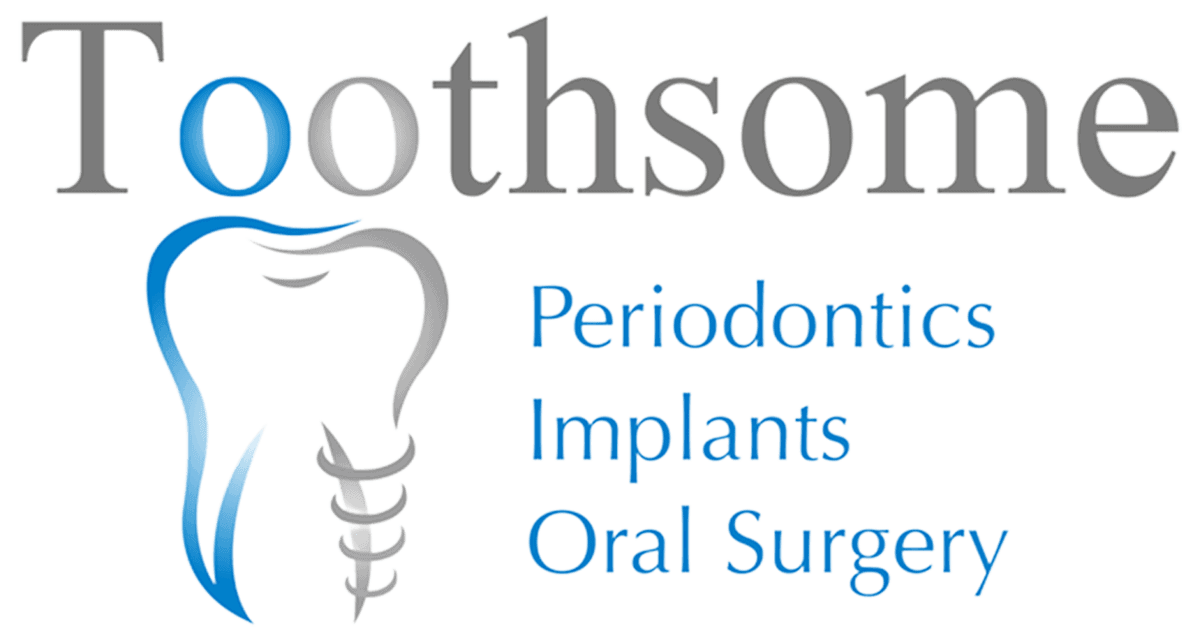
Dentists recommend a dental implant when a patient has lost one or more teeth due to injury, disease, or age. These medical devices are surgically implanted into the jaw to restore an individual’s ability to chew and speak or to enhance their appearance by providing support for artificial teeth.
Patients choose dental implants over other tooth replacement options for their durability and longevity. Dental implants have a success rate of around 96.4% after 10 years, and because the implant post fuses to the jawbone, it can last a lifetime.
While implants may be more expensive than other dental procedures, they can provide a longer-lasting solution that doesn’t require replacement or adjustment like removable dentures.
However, it is critical to understand the various types of dental implants to determine which is best for restoring your smile.
Types of Dental Implants
There are different types of dental implants, each designed for a specific purpose. Each type has its own benefits and drawbacks, so finding a dental implant option that meets your oral health needs is crucial.
Endosteal Implants
An endosteal dental implant is placed into the jawbone using a special surgical drill. It then fuses with the jawbone over time, creating a strong foundation for the restoration.
The material used for an endosteal dental implant can vary depending on your preferences and health history. Most implants are made of titanium, as this metal is biocompatible and unlikely to cause any adverse reactions.
Endosteal implants are an excellent solution for people who have lost teeth due to decay or injury. The dental implant provides a stable foundation for the restoration and looks, feels, and functions like natural teeth.
Subperiosteal Implants
A subperiosteal dental implant is a metal frame placed under the bone’s periosteum or outer membrane. The implant procedure begins by making a small incision in the gums to expose the bone. A pilot hole is drilled into the bone to accommodate the metal frame, which is secured with small screws. Then your gums are sutured shut, and you are sent home with instructions for wound care. After the gums have healed, your dentist attaches metal posts to the framework, which are used to support a dental restoration.
Subperiosteal dental implants are made of titanium, which makes them strong, durable, and a good choice for long-term use.
Subperiosteal implants are used to secure dental implants in patients with insufficient bone height or width. They are also a good option for patients who cannot undergo traditional dental implant surgery due to health concerns.
For example, patients with a history of radiation therapy to the head and neck area may be ineligible for traditional dental implants because of the increased risk of infection.
All-on-4 or All-on-6 Dental Implants
All-on-4 and All-on-6 dental implants are specialised types of endosteal implants. This technique includes placing four or six titanium posts in the jawbone, which are anchors for an entire arch or denture plate.
The surgical procedures and materials involved in an all-on-4 implant are similar to those used in other implant techniques. The posts are placed in the jawbone using a surgical drill, and the implant is then attached to the posts. In most cases, a temporary denture will be worn while the implant heals, which usually takes around six months.
An All-on-4 or All-on-6 dental implant procedure is a good option for patients requiring an entire upper or lower teeth arch. It is faster, less expensive, and less invasive than replacing all teeth with full implants, yet it offers excellent results in terms of comfort, wearability, usability, and appearance.
Implant Overdentures
An implant overdenture is an implant-supported denture. It fits over several dental implants, which are placed in the jawbone to provide support. The implants keep the denture in place, allowing it to be removable for cleaning.

The procedure for implanting an overdenture usually takes two appointments. The first appointment is for implant placement, and the second is for denture fitting.
If someone is missing all their lower teeth, an implant overdenture is a great option because it is stable and secure. Implant overdentures are also recommended for people who have difficulty removing traditional dentures. The denture plate snaps easily in and out of place while still providing a secure fit so you can eat and speak normally.
Get a Consultation at Your Local Dental Clinic
Before deciding on dental implants, it is crucial to visit a dentist that offers consultation to determine if you are a candidate for dental implants and discuss the different types of dental implants available. By booking a dental consultation near you, you can make the best decision and increase the chances of a successful outcome.
At Toothsome Implants Chatswood, our tooth replacement services include immediate or same-day dental implants, full mouth implants, all-on-6 implants, implant-supported fixed bridges, and guided implant surgery for complex cases.
We are a proud Straumann partner, the world’s number-one brand in dentistry, and we offer a lifetime warranty on Straumann dental implants. We also often use computer-guided surgical techniques, allowing for more precise dental implant placement, leading to better results and fewer complications.
If you want to learn more about dental implants or book a consultation, call us on these numbers below.
- Sydney CBD on (02) 9159 3728
- Baulkham Hills on (02) 9158 6637
- Chatswood on (02) 8203 8786
Note: Any surgical or invasive procedure carries risks. Before proceeding, you should seek a second opinion from an appropriately qualified health practitioner.


